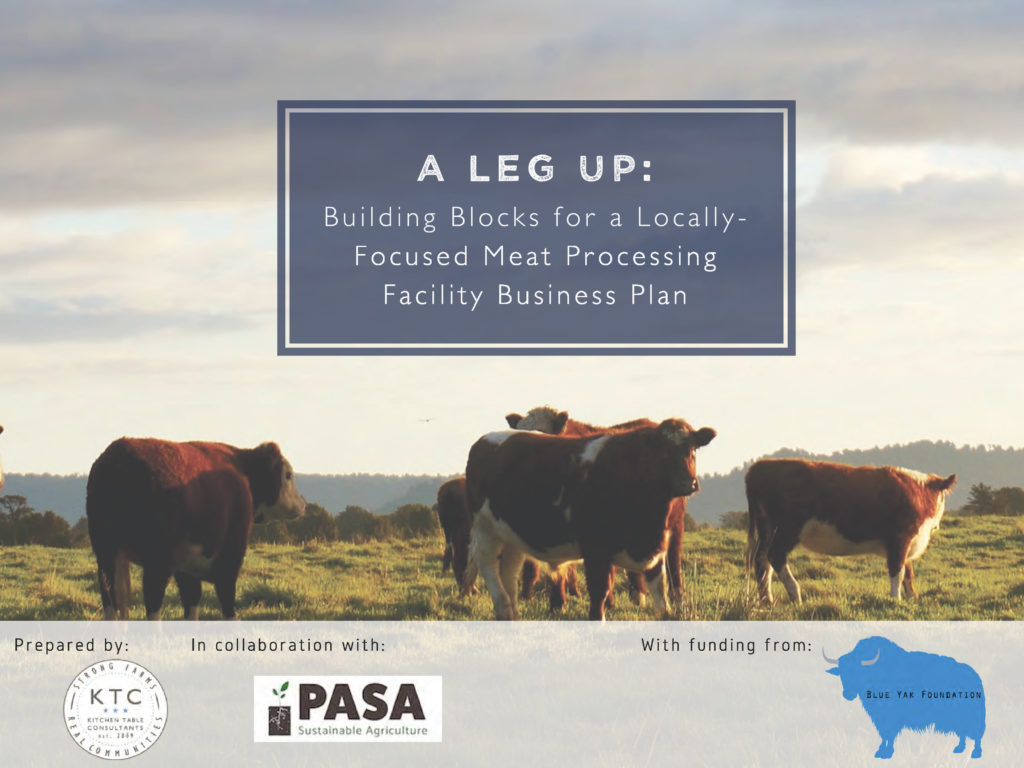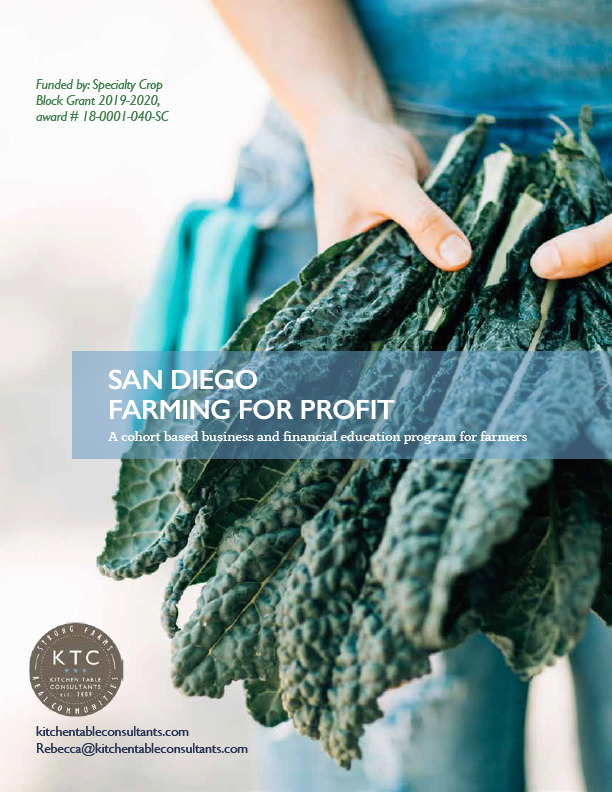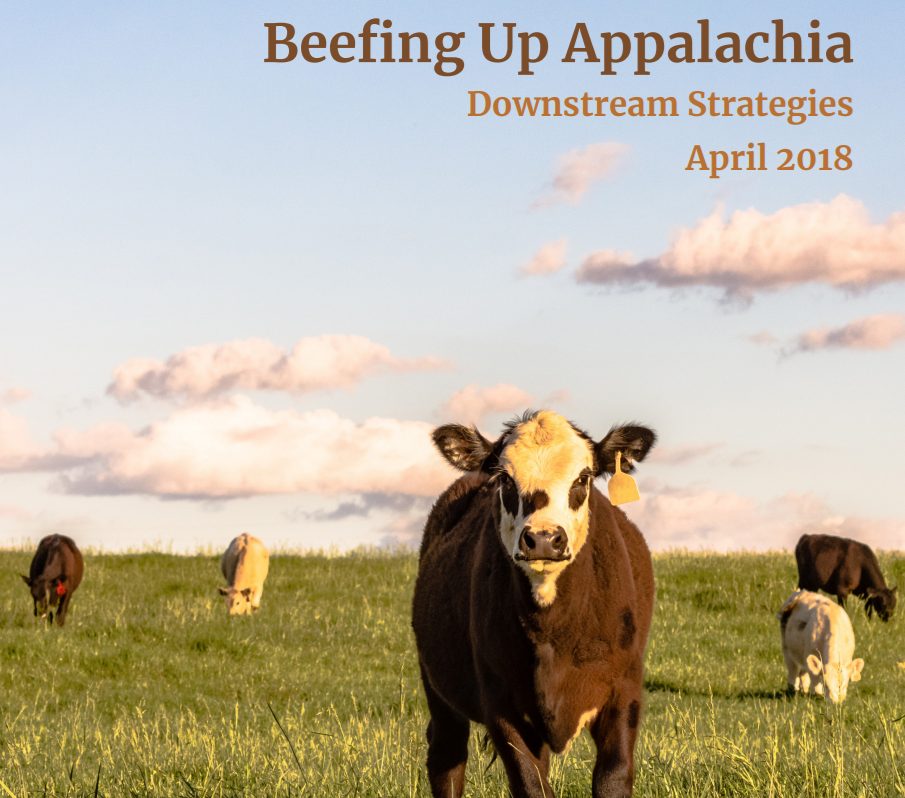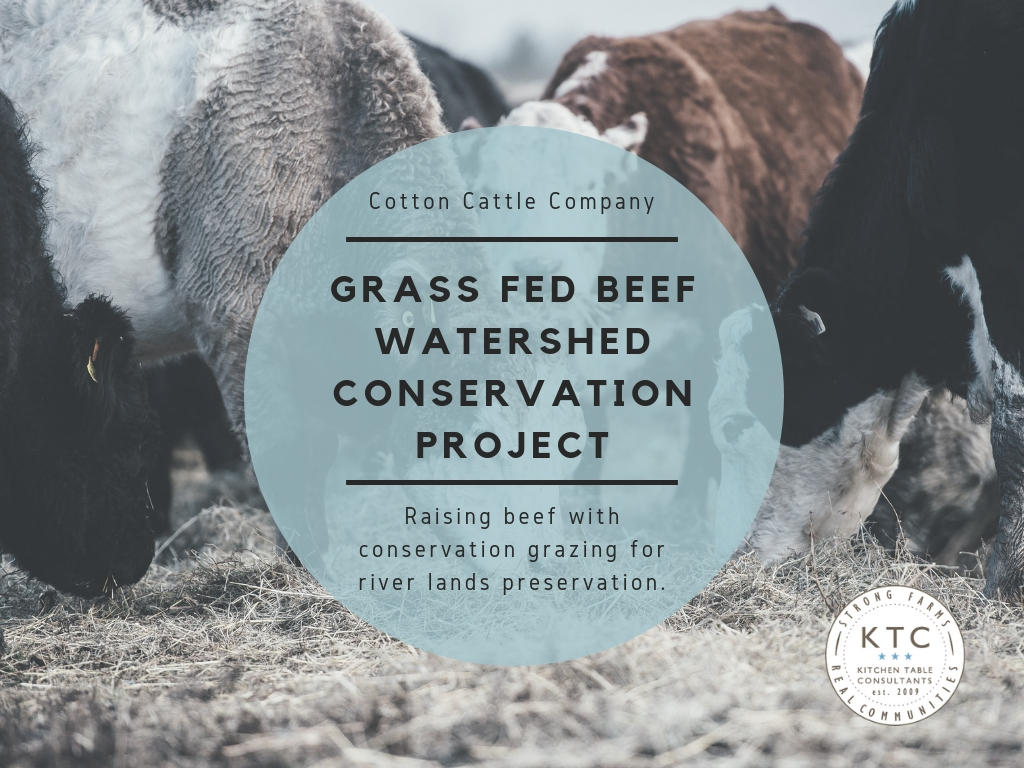Reports & Papers
San Diego Farming For Profit
Specialty Crop Block Grant for farmer business training
In 2019 KTC was awarded a Specialty Crop Block Grant to fund a cohort-based program for farmer business training and education. This report summarizes the educational program and results for the business training, dubbed “San Diego Farming for Profit”.
This project was initially developed in response to the needs expressed by San Diego County farmers for business training in two different survey assessments. San Diego has more small farms (under 9 acres) than any other county in the nation, and the county has also lost over 1,000 farms since 2015. The program objectives were to keep farms in business, not lose any employees, and grow sales of specialty crops by at least 33% across participants.
In the following report you will find the original scope and objectives of the program, details on onboarding, curriculum, impact, and challenges. Overall, the 8 farms that stuck with the program throughout, saw a cumulative increase in sales of 213%, going from an average of $44,000 in sales to an average of $91,000 in sales.
The 2-year, monthly program provided farmers with both quarterly group training workshops and 1:1 coaching in the first year, and additional 1:1 coaching on farm financial health, budgeting and bookkeeping in the second year. This program provided local farmers the mentorship, education, and tools to develop business plans and take actions to grow their operations.
Beefing Up Appalachia
April 2018
Central Appalachia is home to a community of small, diversified farms. As in other areas, West Virginia, Kentucky, and Ohio are struggling with declining farmer incomes, low retention of new farmers, and decreasing farm populations. This study combines findings from processor, retailer, and producer surveys with data from the U.S. Department of Agriculture (USDA) to examine ways in which local beef and pork livestock production can create revenue and jobs in the tri-state area of West Virginia, Ohio, and Kentucky. Through this study, the project team identified a number of opportunities to support the regional livestock industry and create income for West Virginia producers. Kitchen Table Consultants identified nine business concepts that could be successful in the region based on current production, producer interest, and available infrastructure and resources and utilized these to develop two model business plans.
This report was prepared by Downstream Strategies, with support from Kitchen Table Consultants, and intended to be an overview of the meat industry for Unlimited Future Inc., specifically focused on the guiding questions of how to keep the most value of livestock products produced in WV and the tri-state region. The project team would like to acknowledge the importance of traditional livestock markets, auctions, and brokers in the region for their support of the livestock industry, however, for this project, focus was on niche meat production and therefore a throughout examinations examination of those systems was outside the scope of this project. Additionally, this report is primarily focused on red meat production. It is worth noting, however, that poultry and egg production is a significant sector in West Virginia agriculture and accounting for a total of $401.4
million dollars of sales and 2,991 total farm operations and can provide an important step towards farm viability for many diversified farms across the country.
Grass Fed Beef Watershed Conservation Project
This plan uses Cotton Cattle Company as a business model for scaling a conservation grazing beef production farm to 1000 acres. It demonstrates scaling up by multiplying the model to include 7 farms on 8000 acres with marketing and management enterprises, supporting widespread conservation and preservation goals along the river while cultivating a profitable farming community of business via a top quality regional grass fed beef brand.
The goals of the project include:
- Conservation of watershed and habitats.
- Usiving livestock grazing as a land management strategy to improve water quality via continuous cover, while raising a high quality beef product for the consumer.
- Bringing a community of sustainable farmers back to the land to operate 8000 acres of watershed farmlands.
- Creating a model that would support the success of multiple sustainable livestock businesses; addressing the whole food value chain from growing to processing to marketing.
A Leg Up: Building Blocks for Locally-Focused Meat Processing Facility Business Plan
Our food system is built to maximize corporate profitability, and the best way to make a profit in the numbers game is efficiency. However, many farmers’ bottom lines go beyond simple profitability, taking into account production methods that maintain and improve nutrient density, soil health, and ecosystem health. Most of the farms choosing to produce food in this way are small, and due to factors including regulatory burden and processing challenges it is a struggle to get these valuable products to market.
We believe that the lack of efficient, local logistics and local high quality, safe, and humane processing keeps this food and these local farms from expanding the access to locally produced food. There is a shortage of such facilities in our state as evidenced by multiple long term processors having up to a 1 year wait for a processing slot.
This report is intended for food entrepreneurs looking to help solve this critical problem in our food system.

Six Months in the Meat Business: A Field of Dreams
By Rebecca Frimmer
When I first saw the RFP (request for proposals) from Southern Tier West Regional Planning and Development Board (STW RPDB) back in October, I knew this was a project for me. It was the perfect blend of field research and business analysis to keep things interesting, and offer a unique perspective on an epidemic industry problem in a specific geographic region. I also felt compelled to get involved with this project because it connected me with a family legacy – my grandmother’s five brothers were all involved in the meat processing business, running two plants in the Williamsport area until they retired over a decade ago. I felt that this family history would help me to remain fair-handed, and not necessarily bias the results of our research in the direction of the farmers’ favors, which would be easy for a farmer advocate to do. One of the most difficult tasks when conducting research to develop recommendations is to remain even and unbiased; and avoid leading your research subjects in any certain direction.
STW RPDB was looking for assistance in assessing the state of the local meat processing industry from the perspective of “values-based livestock” farmers. So this meant smaller farms that were raising species on pasture, and may use marketing terms like “grass-fed”, “pasture-raised”, “organic”, or “humanely-raised”. What we were looking to discover was whether or not the region was truly pressed against its capacity for throughput, and what we could do to ensure the capacity was there for the future of these small to medium sized farms. A lot of local farmers were complaining about their processing resources to STW RPDB – the ages-old farmer vs. butcher battle was raging on alive and well in the STW region – which is how this movement for research got started, and is a similar story heard by other organizations.



